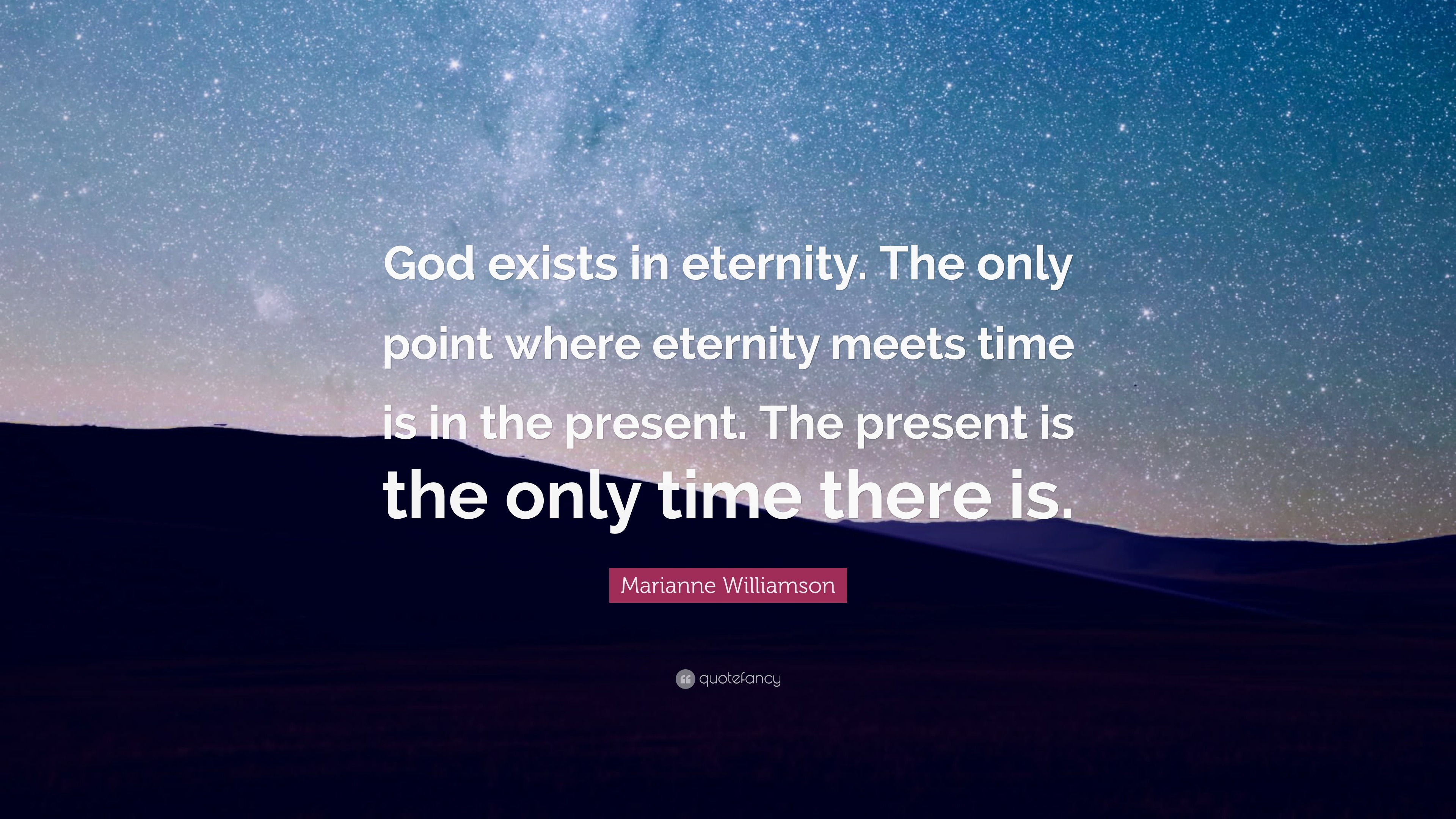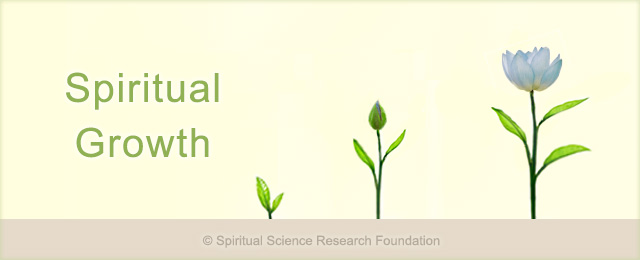 |
The feeling of wasted time makes waiting difficult. We even feel frustrated with God because He does not appear to be in the same hurry as we are. The Bible says that with God “a day is like a thousand years, and a thousand years are like a day” (2 Peter 3:8). What is God’s relationship to time and eternity?
Theologians are divided on this question. Some believe that God exists outside of time and does not experience it as we do, instead existing in an eternal now. Past, present, and future are the same to Him. Others think that God does experience time but is not limited by it as we are. He exists in time at all times and has always done so. According to this view, God’s relation to time is like that of His relation to physical space. Just as He is omnipresent, He is also omnitemporal.
Theologians and philosophers may speculate, but our finite capacity for understanding will never fully grasp the nature of God’s relationship to time and eternity. We can know only what it is like to live in a universe where time is a factor. Although we might think about the present, past, and future, we do not actually visit the past when we remember, and our memories are often faulty. We can only speculate about the future. Events always unfold in a sequence for us. We are time-bound.
Scripture says God is eternal (Gen. 21:33; Deut. 33:27; Psalm 90). He has no beginning or end. He also acts in time. He makes promises and executes His redemptive plan in what we would call on our behalf at the “right time” (Rom. 5:6). This was especially true of the birth of Jesus Christ, which occurred “when the set time had fully come” (Gal. 4:4).
